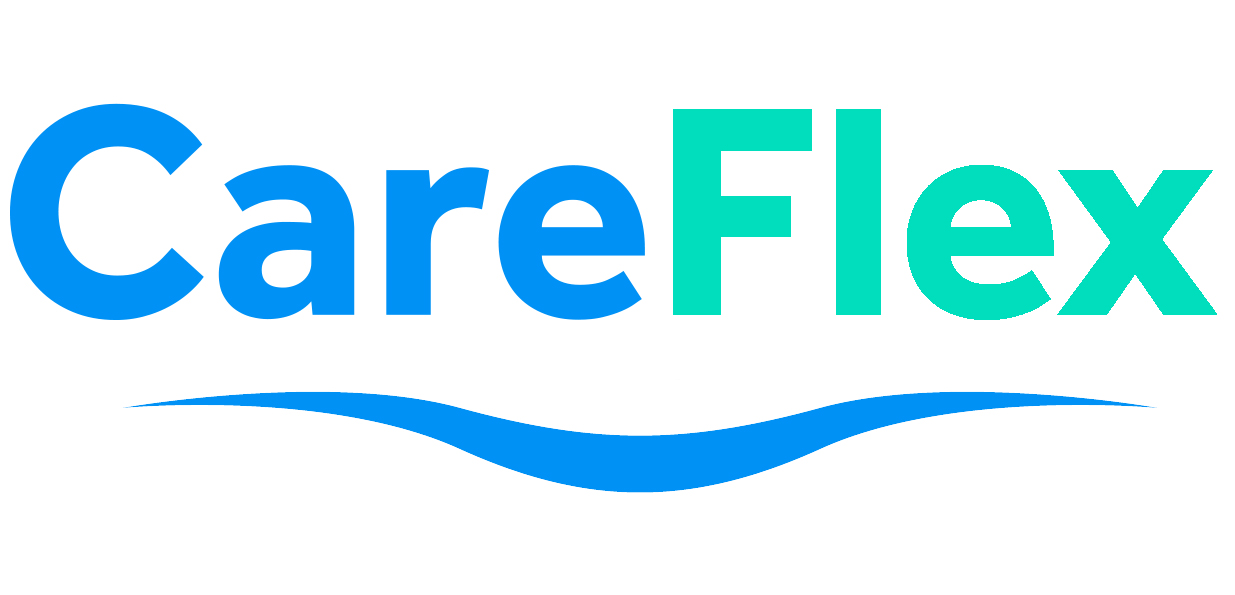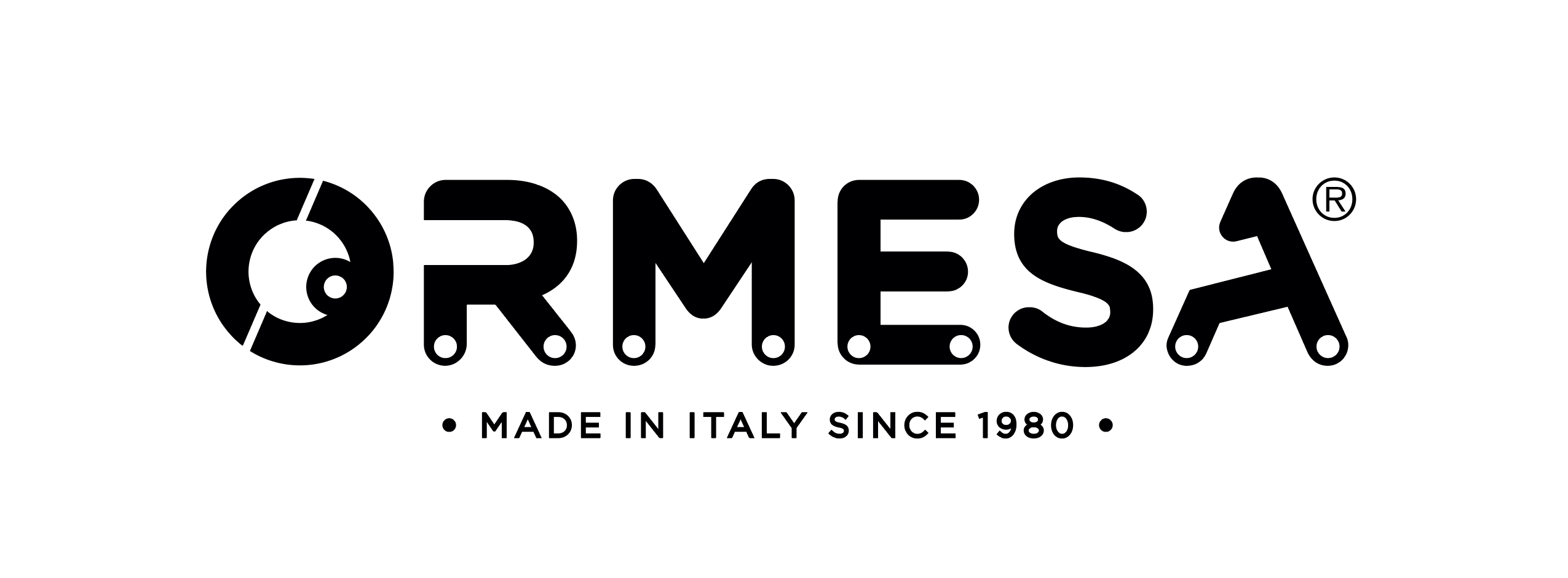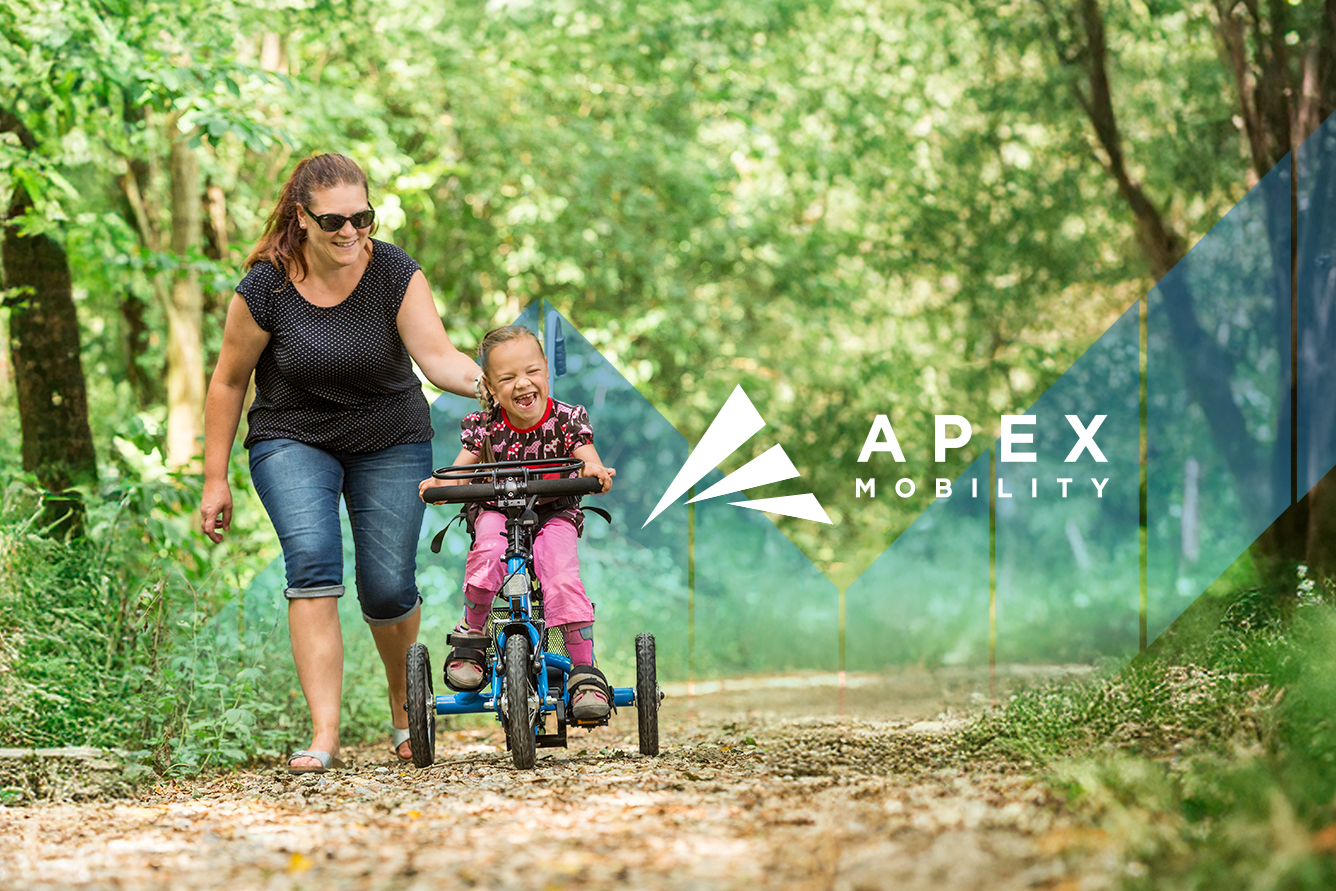- Time at APEX Mobility00:00:00 (Sydney Time)
- 00:00:00Till Close Of Business
- Opening Hours8AM-4PM (Sydney Time)
Every child loves to play - but not every child can do so independently. For children with disabilities, opportunities for movement, exploration, and freedom can be limited. Adaptive bikes and trikes help bridge this gap - making therapy fun and turning fun into meaningful, measurable outcomes. They promote participation, inclusion, and access in everyday life, while also supporting children to just be kids (and reducing sedentary behaviours along the way).
Cycling as an intervention has been well-researched, with studies documenting its positive effects and providing clinicians and families with assurance that it has an evidence-informed place in rehabilitation and developmental programs.
One major review of the available research found that adaptive cycling for children and adolescents with cerebral palsy can lead to significant improvements in hamstring strength, balance, cardiorespiratory fitness, and gross motor function. It also showed increased walking distance in a 3-minute walk test, which suggests improvements in walking speed and endurance. Encouragingly, there were even carryover effects to other gross motor skills such as standing and walking.
Interestingly, children with more severe disabilities (non-ambulant) showed an even greater capacity for improvement in gross motor function. This highlights the importance of providing opportunities for movement and exercise to all children, regardless of ability.
So, the case has been made - adaptive cycles are therapeutic, not just recreational. Even the most physically challenged children can benefit from regular cycling sessions.
Of course, achieving the right fit and support is key. When seated on a bike or trike, there should be a slight bend in the knees at full pedal extension. Elbows should also retain a slight bend with hands resting comfortably on the handlebars. Feet should be aligned under the knees and hips with a slight anterior pelvic tilt. The trunk should be upright, midline, and supported to remain relaxed and secure. This positioning promotes optimal power generation, effective steering, and safe postural alignment.
There are many adaptive bikes and trikes available to help achieve a great fit and the best cycling experience for each child.
The Schuchmann Momo range is a high-quality collection of adaptive bikes and trikes, offering flexible options to support a variety of postural and functional requirements. These include trunk and pelvic supports for independent sitting, components to accommodate limited range of movement at the hips and knees, adjustments for high muscle tone, and even gearing and motorised options for children who need a little extra help to get moving.
At APEX Mobility, we believe every child should have the chance to participate, play, and thrive.
To learn more about our range of adaptive bikes and trikes, or to request a trial, please email sales@apexmobility.com.au or call 1300 212 192.









